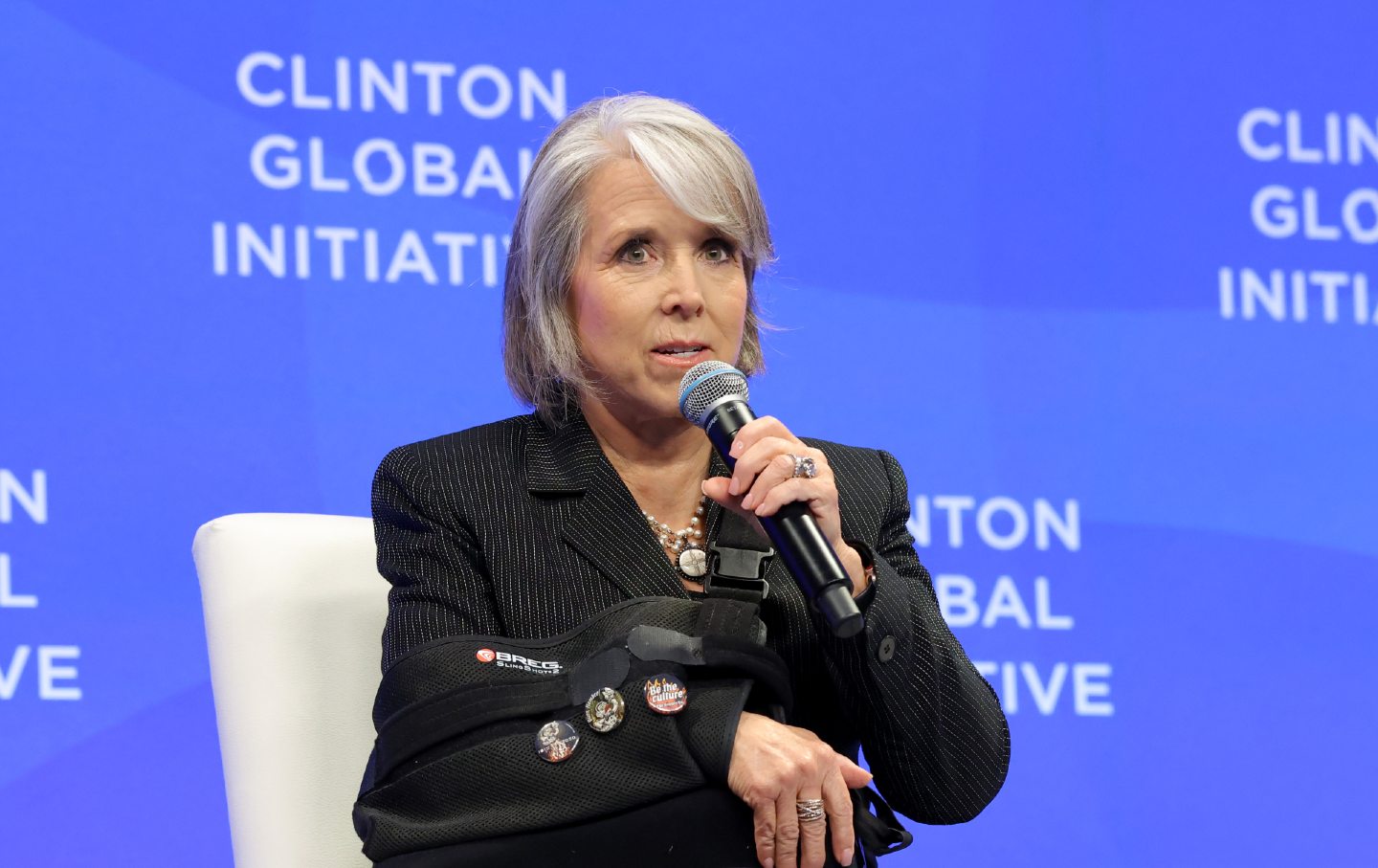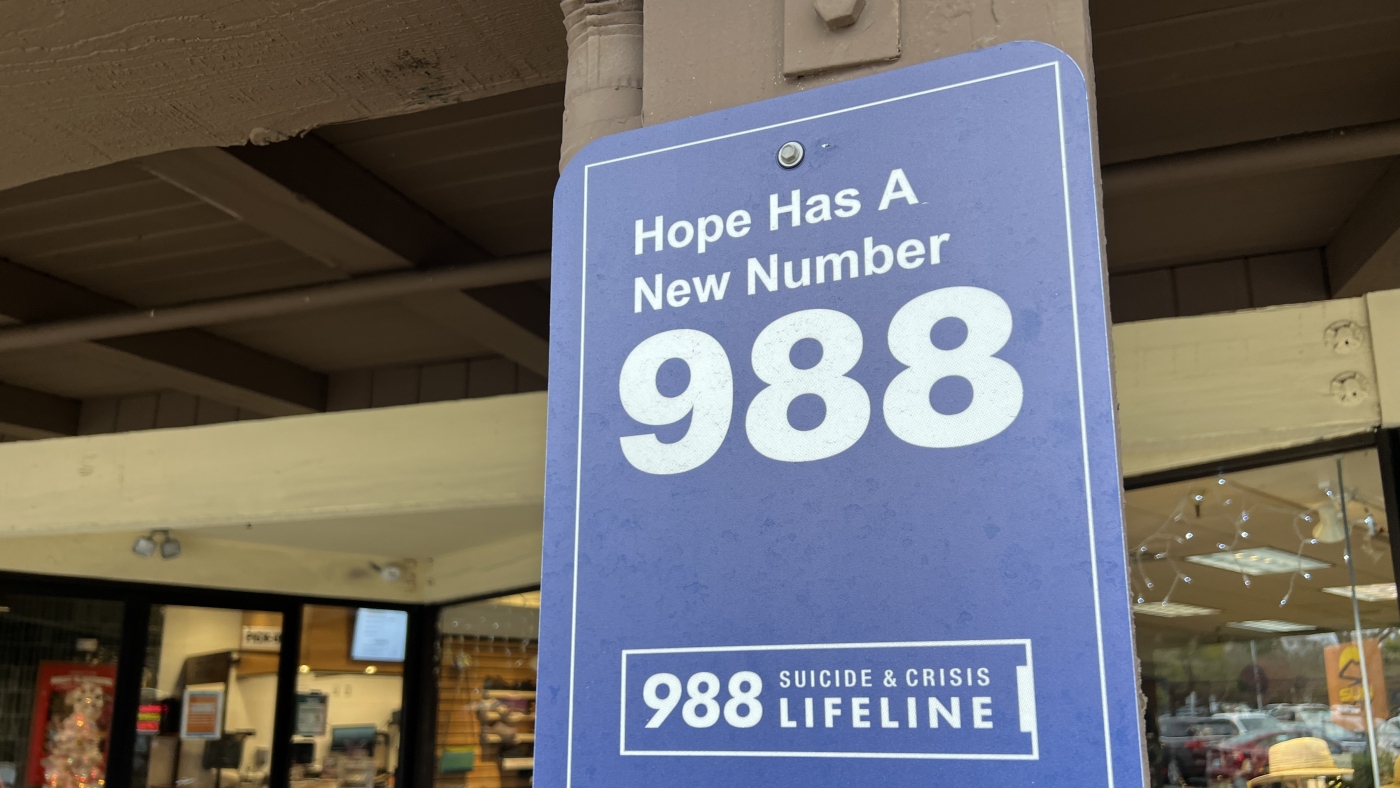
For four long years, New Mexico has languished at the bottom of the barrel, consistently earning the dismal title of the worst state for child well-being in the nation. The metrics are stark: household income, educational outcomes, and child mortality rates paint a grim picture for our most vulnerable demographic. Yet, amidst this unrelenting struggle, a glimmer of hope has emerged that could transform the landscape of childhood care in America.
In a groundbreaking move, Governor Michelle Lujan Grisham, who has long championed affordable childcare, announced this past September that New Mexico will become the first state in the nation to offer free universal childcare. This is not merely a policy shift; it is a monumental step that could drastically reshape social equity in a state where child poverty is alarmingly high. The implications of this initiative are profound, with projections indicating that families could save an average of $13,000 annually.
The urgency of this program cannot be overstated. Childcare in the United States has spiraled into a crisis, with costs in 38 states surpassing those of public college tuition. Each year, the exorbitant price of childcare plunges approximately 134,000 families into poverty. In New Mexico alone, childcare can consume over a third of a single parent’s median income. Such financial burdens do not just impoverish families; they reverberate throughout the economy, costing the U.S. an estimated $122 billion every year due to lost productivity and workforce participation.
However, the ramifications extend even further, disproportionately affecting women. With childcare costs spiraling and return-to-office policies re-emerging, workforce participation among mothers has plummeted, threatening their career trajectories and future earnings. This is not merely an economic issue but a deeply rooted social justice concern that demands immediate and systemic change.
The market has proven incapable of rectifying this crisis. Providing quality childcare is labor-intensive and requires nurturing caregivers—an investment that most families cannot afford. As Janet Yellen aptly noted, our current childcare system is a “textbook example of a broken market.” It is a glaring testament to a society that prioritizes profit over people, leaving families to fend for themselves amidst rising costs and fading support.
While the Biden administration’s American Rescue Plan temporarily alleviated some pressures by injecting funds into the childcare sector, that support has since evaporated. With Donald Trump poised to return to power, there is a palpable threat to the already scant federal childcare offerings. The Head Start program, which provides vital education and healthcare to children from low-income families, faces severe cuts as Trump’s administration targets it for elimination. This is a direct assault on our most vulnerable populations and underscores the urgent need for states to step up in defense of their children.
New Mexico’s initiative is a powerful rebuttal to this tide of retrenchment. By expanding free childcare access to families across the income spectrum, the state is poised to support an additional 12,000 children. Moreover, the program encourages higher wages for caregivers, with incentives for daycares that offer salaries above the state minimum. While $18 per hour remains below a living wage, it represents a significant improvement in a state where the minimum wage is a meager $12.
Notably, New Mexico’s funding model relies on its Early Childhood Trust Fund, which draws from oil and gas revenue. However, there is a clear pathway for other states to explore alternative funding mechanisms that don’t rely on extractive industries. Connecticut is already utilizing its budget surplus to create a childcare endowment aimed at families earning less than $100,000 annually. Washington, D.C., has raised taxes on high-income earners to bolster wages for early childhood educators, thus expanding available daycare slots while investing in quality care.
Internationally, we see even more ambitious models. In Denmark, all children over six months old are guaranteed access to affordable care, with parents paying no more than 25% of the fees. Canada aims to reduce childcare costs to approximately $7 a day, showcasing that the United States is lagging woefully behind in prioritizing the needs of families.
The notion of universal childcare in the U.S. is not a radical fantasy; it is a widely supported policy, with 92% of American parents of young children advocating for it, including a surprising 79% of Republicans. This consensus reflects a growing recognition that access to affordable childcare is a fundamental human right and essential to fostering economic equity.
As New Mexico blazes a trail, it is imperative that other states take note. In New York City, mayoral candidate Zohran Mamdani is championing free public daycare as a cornerstone of his platform. While the political landscape may present challenges, the overwhelming support among New Yorkers signals a readiness for transformative change.
New Mexico’s pioneering initiative is not just a victory for its residents; it is a clarion call for the nation. It challenges us to confront the systemic inequities that have long held families at a disadvantage. As we look to the future, we must demand that the U.S. prioritize the well-being of its children and families, not just as an economic imperative but as a moral obligation. It is time for other states to follow suit, to rise to the occasion, and to ensure that every child, regardless of their family’s income, has access to quality early childhood education. The time for change is now.
This article highlights the importance of Bold Childcare Initiative.


